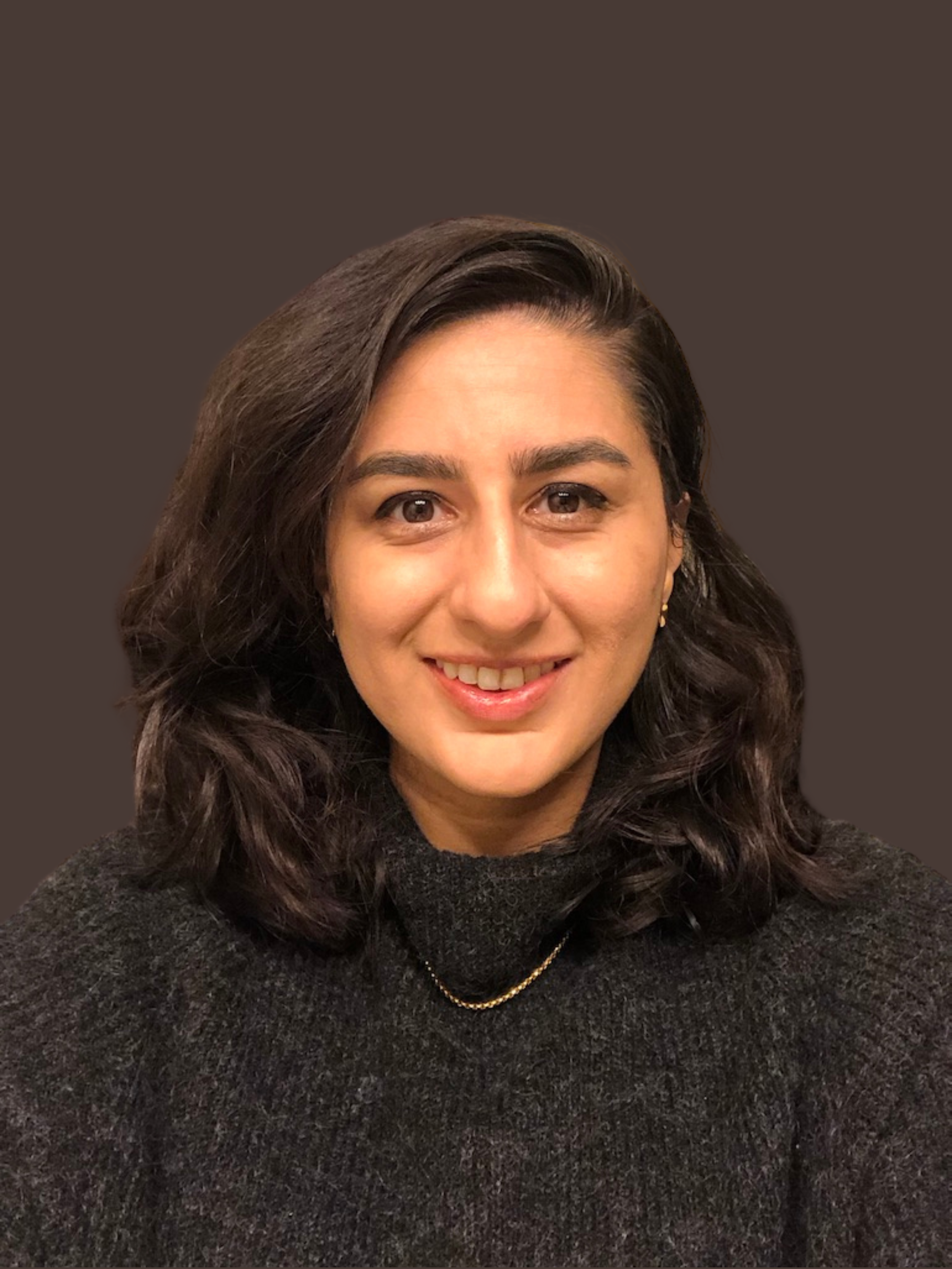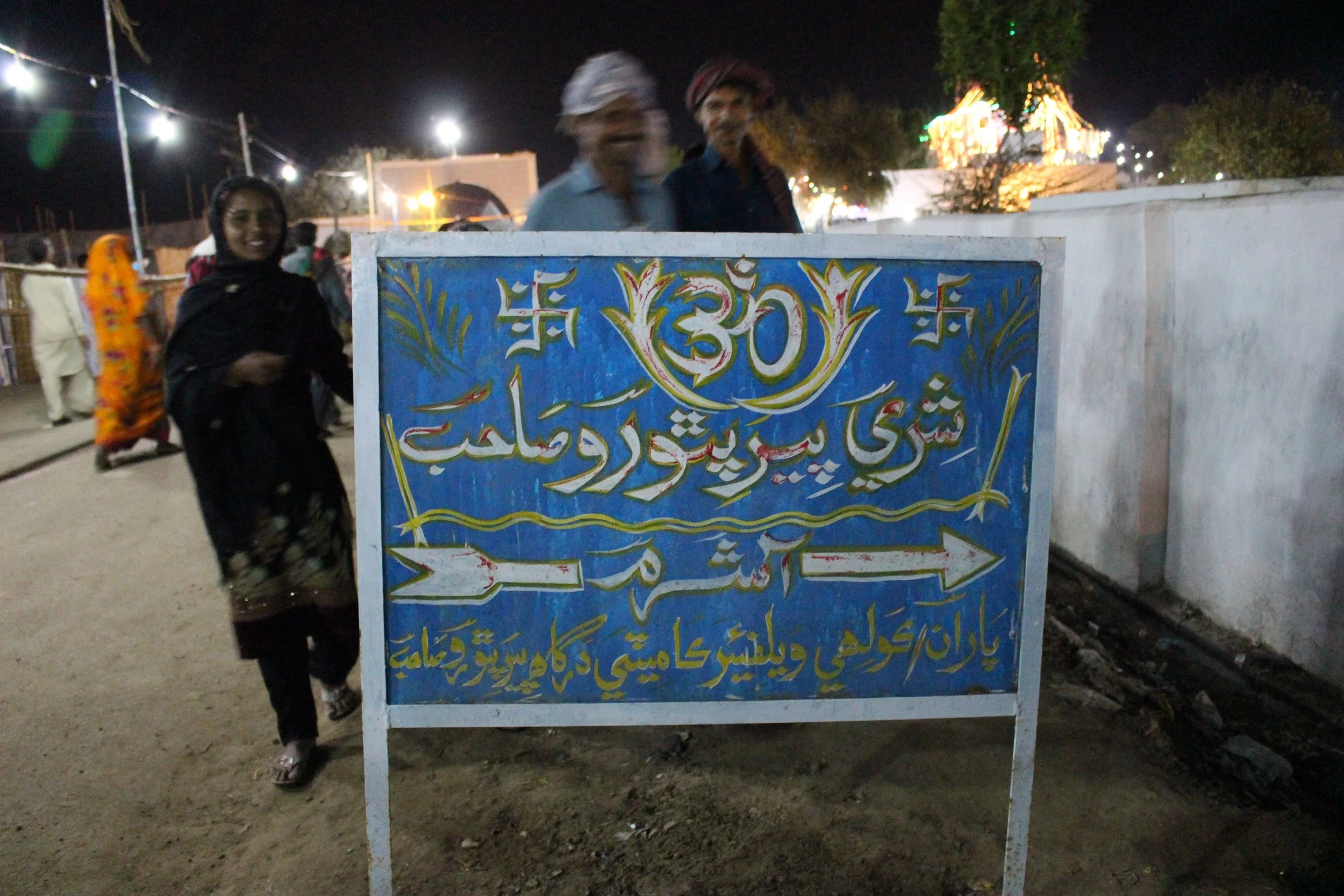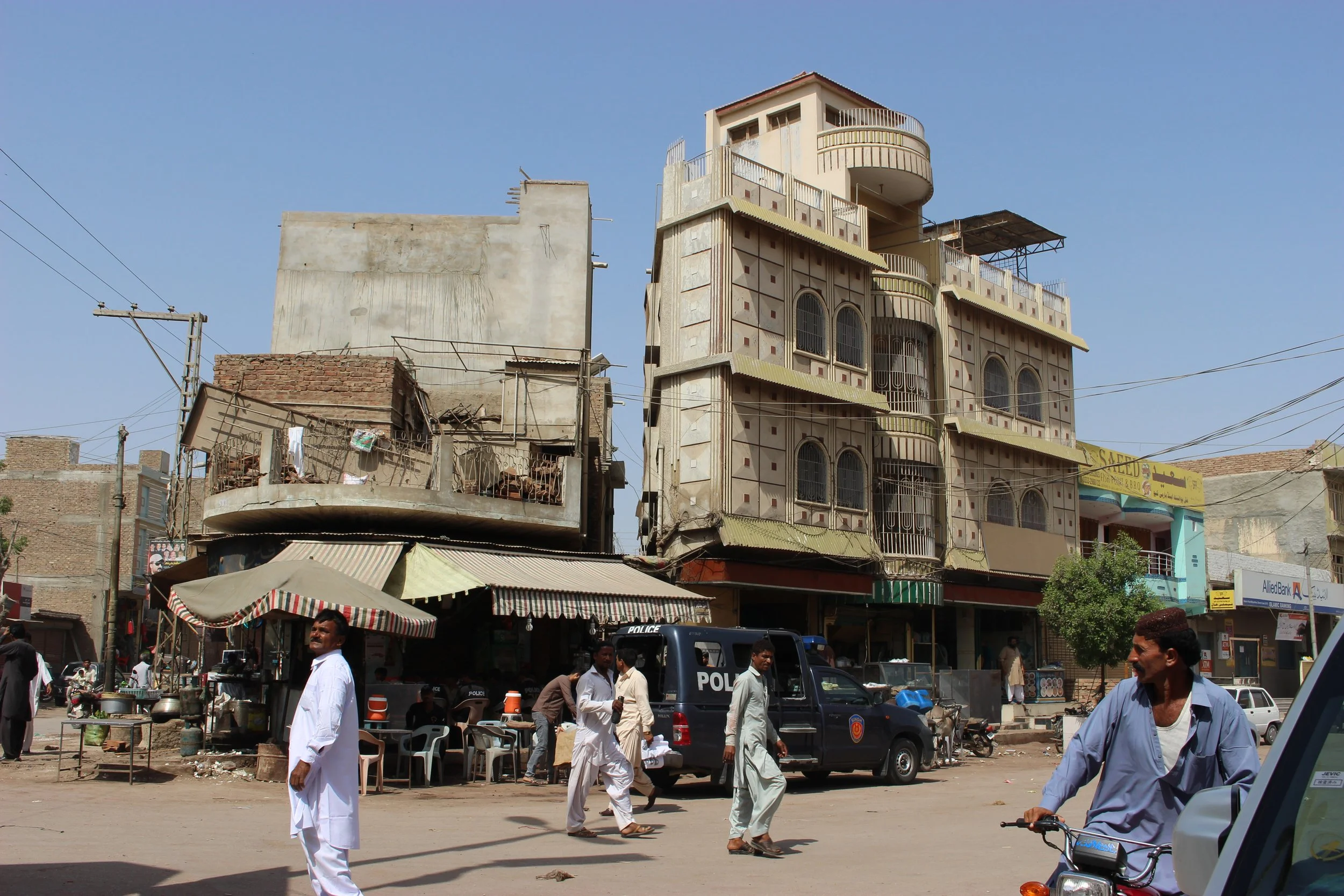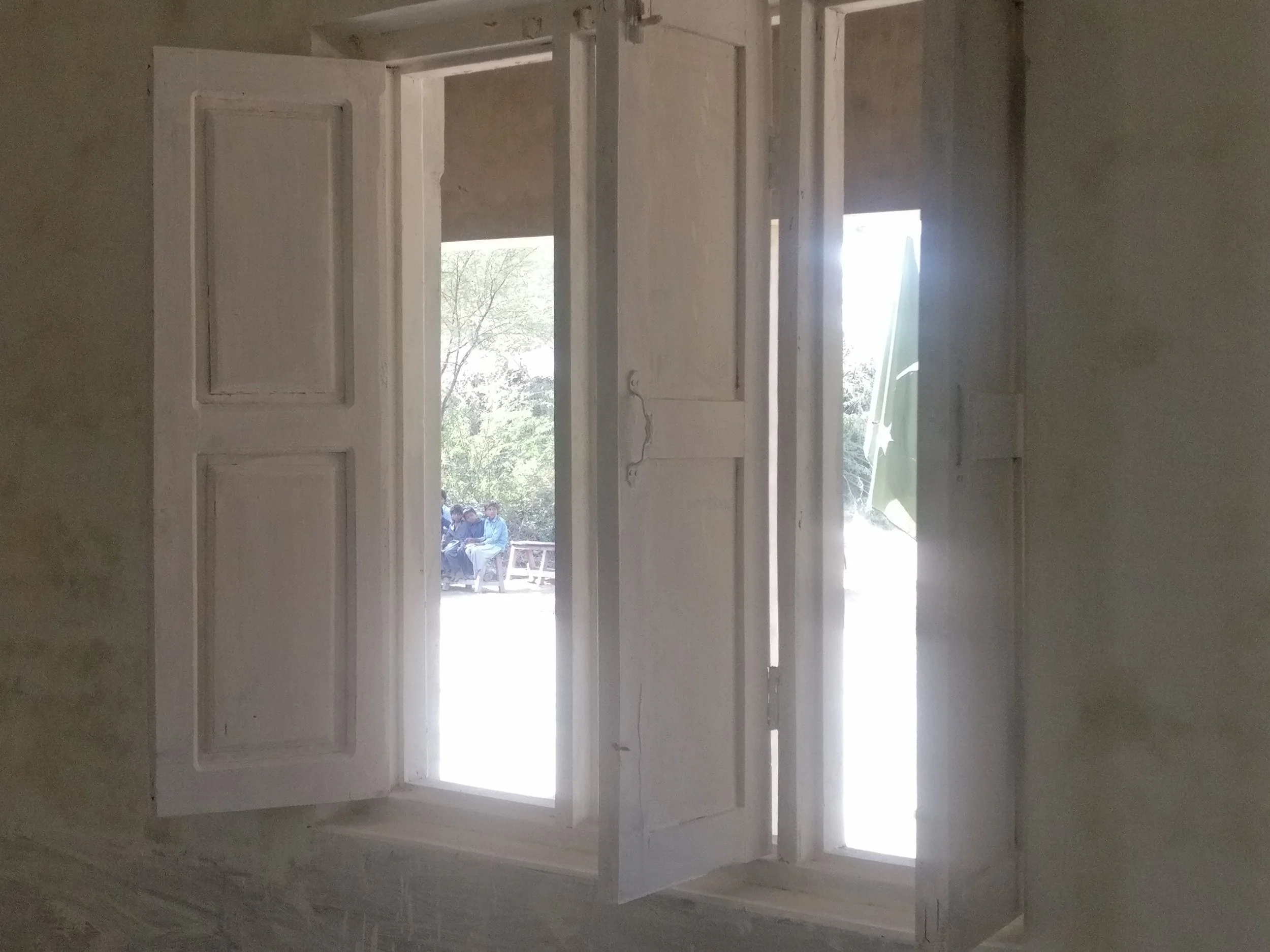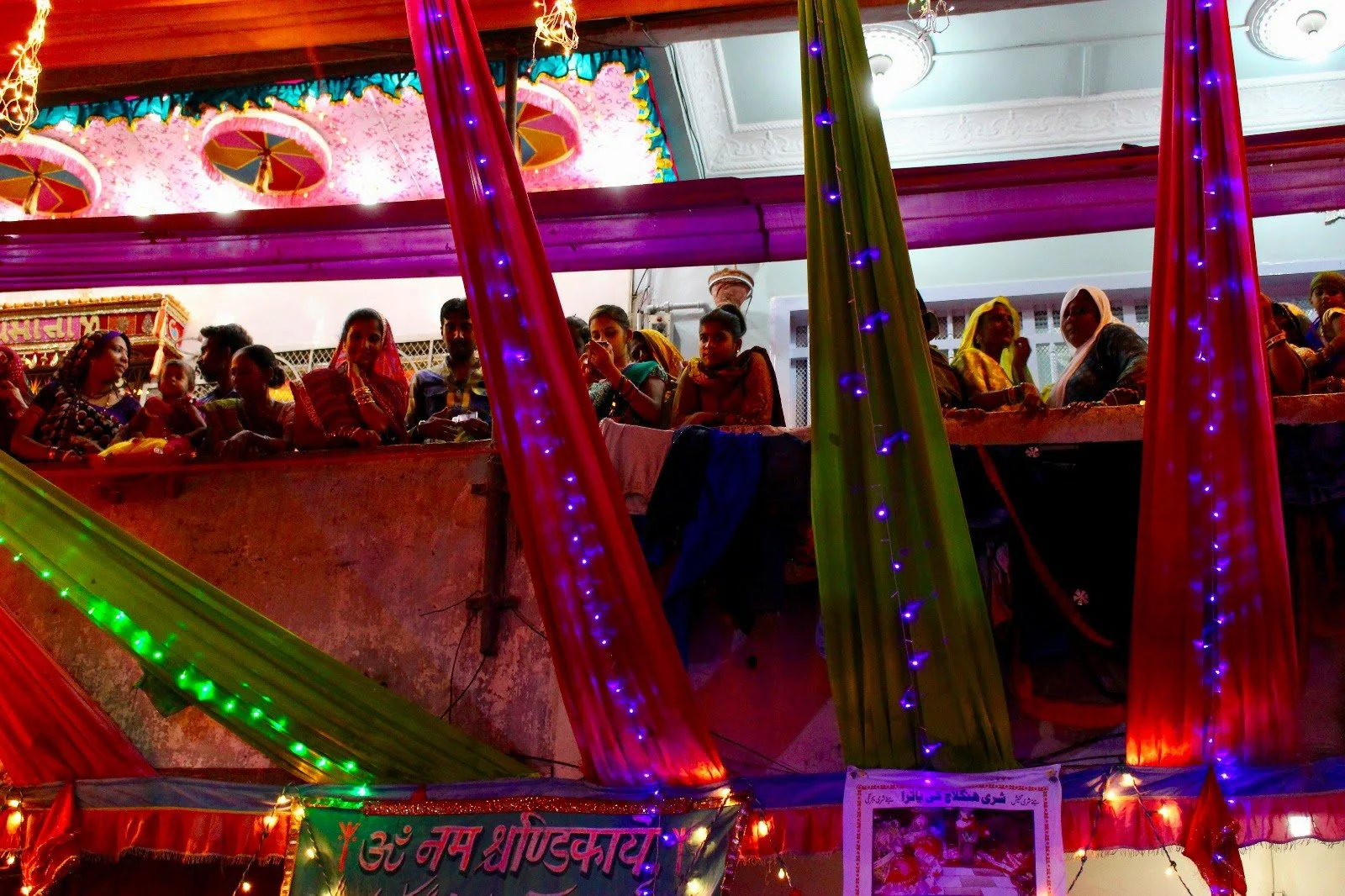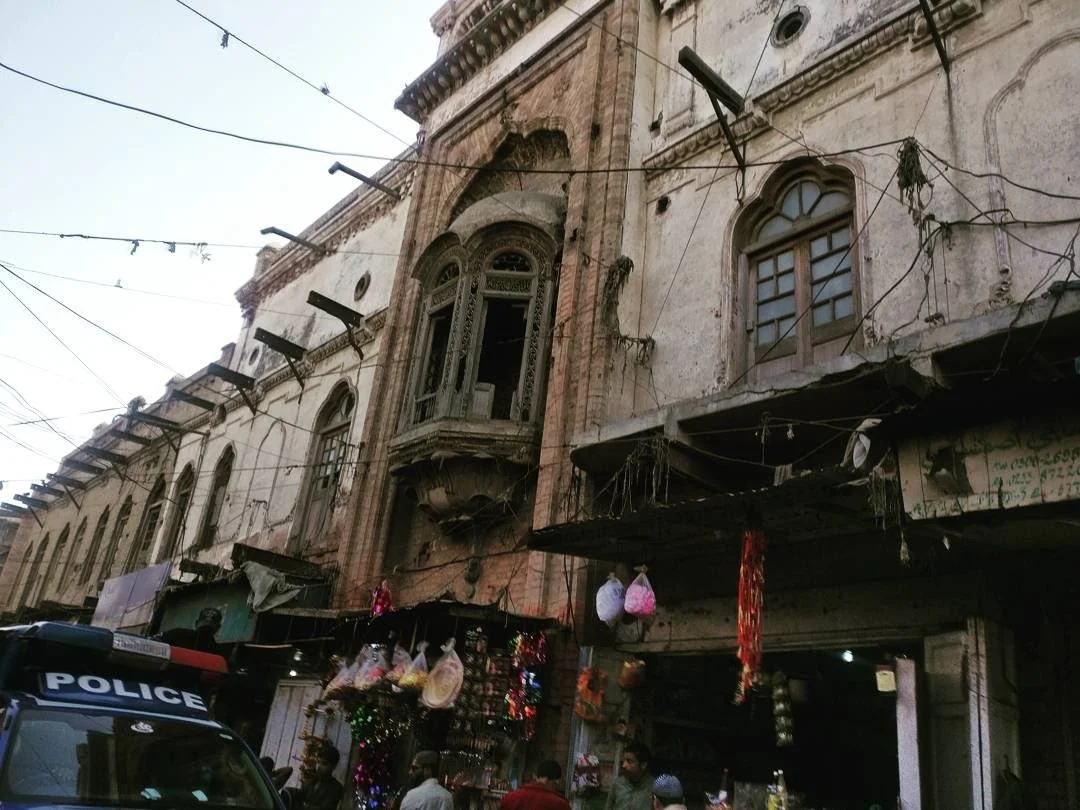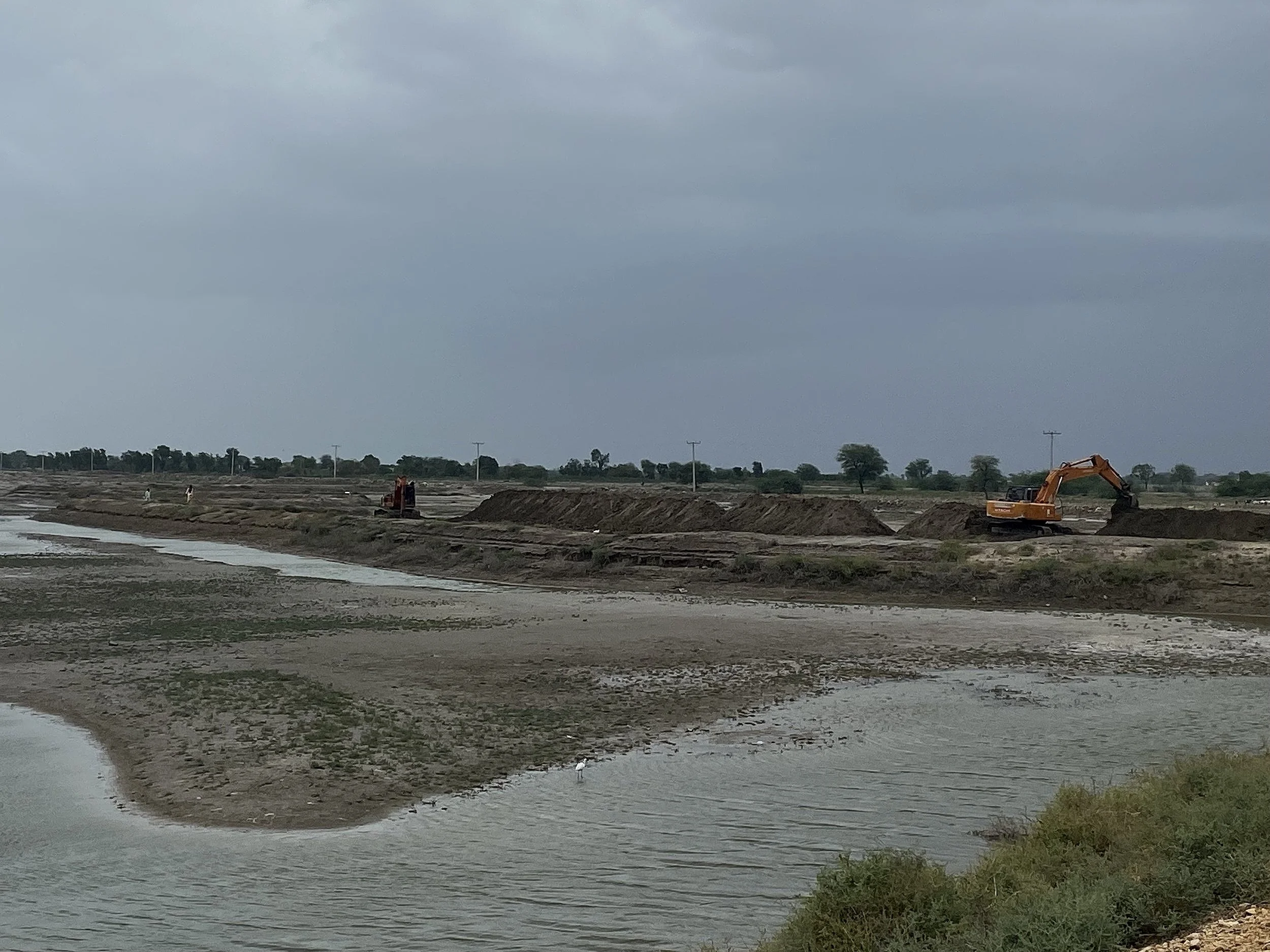
GHAZAL ASIF FARRUKHI
WELCOME
I am a cultural anthropologist broadly interested in postcolonial regimes of citizenship and governance; domesticity, kinship, and sexuality; secularism, Hinduism, and Islam; and memory and everyday life, in multi-religious and multi-ethnic societies.
My research and scholarship engage these themes in the context of minoritized Hindu and Dalit communities in Sindh, Pakistan. Currently I am working on a book project which argues that women’s sexuality and role in sustaining kinship hold the key to understanding how religious others become transformed into minority citizens. Interweaving ethnography with legal and literary texts, newspaper and state archives, and oral histories, the book centers Hindu women’s domesticity, desires, and intimate relationships as a critical vantage point from which to understand the secularized logics of governing identity and marginalization in Muslim majority Pakistan. Using feminist methodologies, I investigate why state power becomes invested in the potential failures of kinship in everyday life.
I am an Assistant Professor of Anthropology at LUMS University, where I am also affiliated with the Gender and Sexuality Studies program. I hold a doctorate in Cultural Anthropology from Johns Hopkins University, and was previously a fellow at Harvard Divinity School’s Women’s Studies in Religion Program.
You can contact me at ghazal dot asif at lums dot edu dot pk or through this form.

RESEARCH
.
My current book project, tentatively titled “Hindu Intimacies Amidst Pakistan’s Muslim State,” is based on two years of archival research and ethnographic fieldwork among longstanding Hindu communities in Sindh, Pakistan.
The book proposes a new way to think about minority citizenship by focusing on the domestic, including the legal articulation and governmental regulation of perceived disorders of kinship and desire. It argues that women’s sexuality and role in sustaining kinship are essential to understanding how religious others become transformed into minority citizens. Each chapter takes up a moment where the vicissitudes of thorny neighborly, filial, or intimate relationships are juxtaposed with dilemmas of citizenship and political claims-making in ways that highlight the coproduction of gendered and religiously marked subjects in Pakistan. I am also currently developing journal articles that build on some of the themes from the larger book project.
A related project is concerned with the politics of caste emancipation in Pakistan. Although the government invisibilizes caste as an axis of inequality, anti-caste progressives make claims that can destabilize the existing majoritarian framework of the Pakistani state. In a series of articles, I ask how categories of social analysis around caste and religion are produced and contested, and how people imagine alternative political possibilities from marginalized positions. Writing from this project has appeared in American Ethnologist, South Asia, and Journal of Sindhi Studies.
My doctoral dissertation, from which both projects emerge, received the Honorable Mention for the 2021 S. S Pirzada Dissertation Prize on Pakistan. My scholarship has been supported by the Mushtaq Gurmani School of Humanities and Social Sciences at LUMS University, the Wenner-Gren Foundation, the Social Science Research Council, the American Institute of Pakistan Studies, and the Alexander Grass Humanities Institute and Krieger School of Arts and Sciences at Johns Hopkins University.
WRITING
Peer-Reviewed Articles
“‘So That We May Be Counted’: Caste, Religion, and Untimely Numbers in Pakistan’s National Census,” American Ethnologist, 51:3 (2024) pp. 363-375
“Wonders Within Domestic Encounters: Three Women from Elias’ Khwabnama,” in Inter-Asia Cultural Studies, 24:4 (2024) pp. 594-610
“Jogendranath Mandal and the Politics of Dalit Recognition in Pakistan,” in South Asia: Journal of South Asian Studies, 43:1 (2020) pp. 119-135
public Essays
“Corruption, Friendship, and Women’s Bodies,” in ReOrient, 9:2 (2025) pp. 384-387
with Natasha Raheja. “Pakistani Politicians as Hindu Gods: The Visual Excesses of a Religious National Imaginary,” in Political and Legal Anthropology Review Online: Emergent Conversations on the Aesthetics of Far Right Movements (2023)
“Entangled Impurities in Contemporary Sindh: Some Evidence from Law and Bureaucracy,” in Journal of Sindhi Studies, 3:1 (2023) pp. 1-25
with Natasha Raheja. “Unwelcome Guests and Hostages: Minority Claims on the State,” in Political and Legal Anthropology Review Online: Forum on India’s Citizenship Amendment Act (2020)

TEACHING
At LUMS, I teach introductory and advanced undergraduate courses on a wide range of topics including the anthropology of law and human rights; gender, sexuality, and religion; minorities and the state; and modern South Asia. I also teach ethnographic methods and supervise undergraduate theses.
I hold a certificate in pedagogy from the teaching academy at Johns Hopkins, where I previously taught. Syllabi are available upon request.
